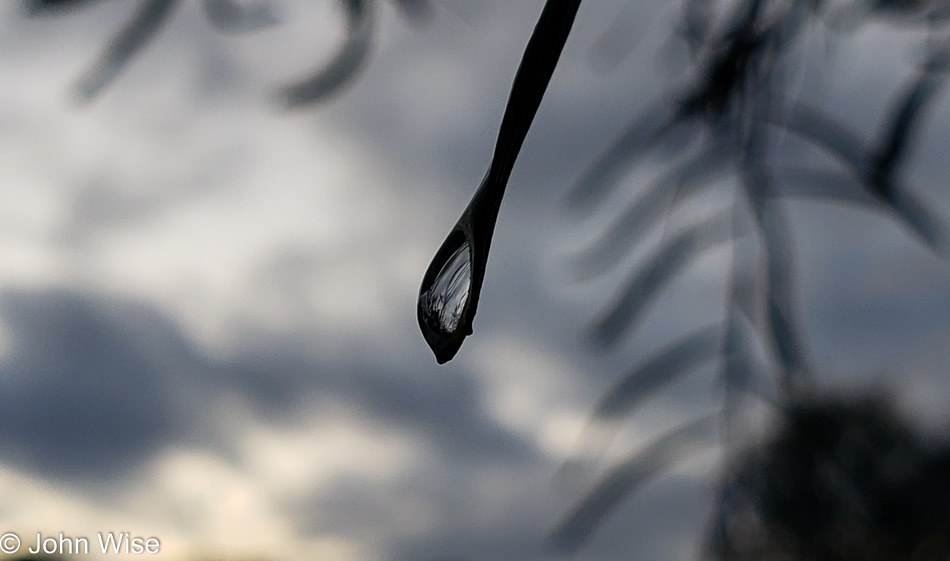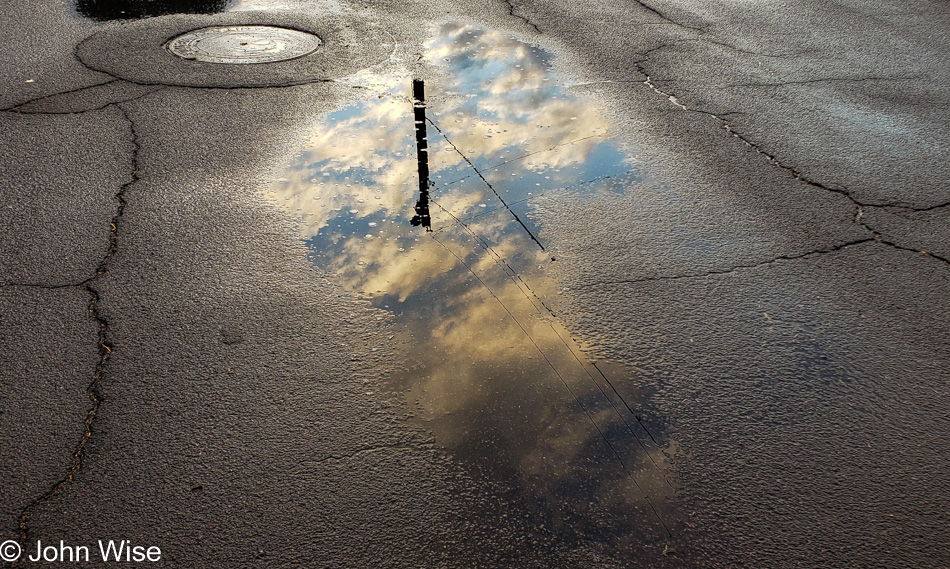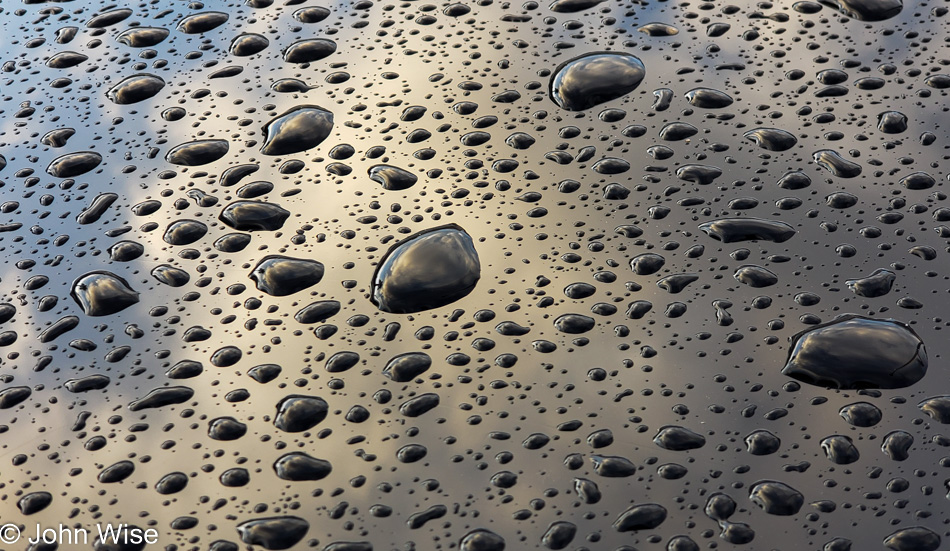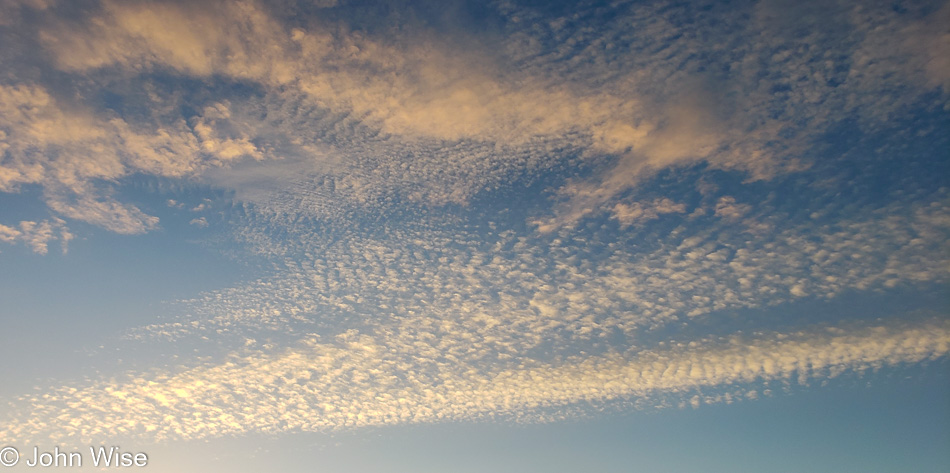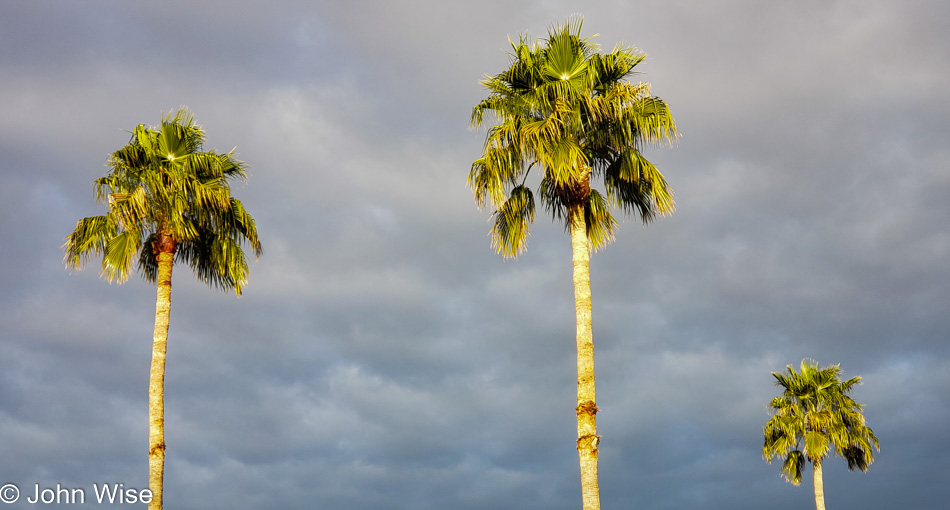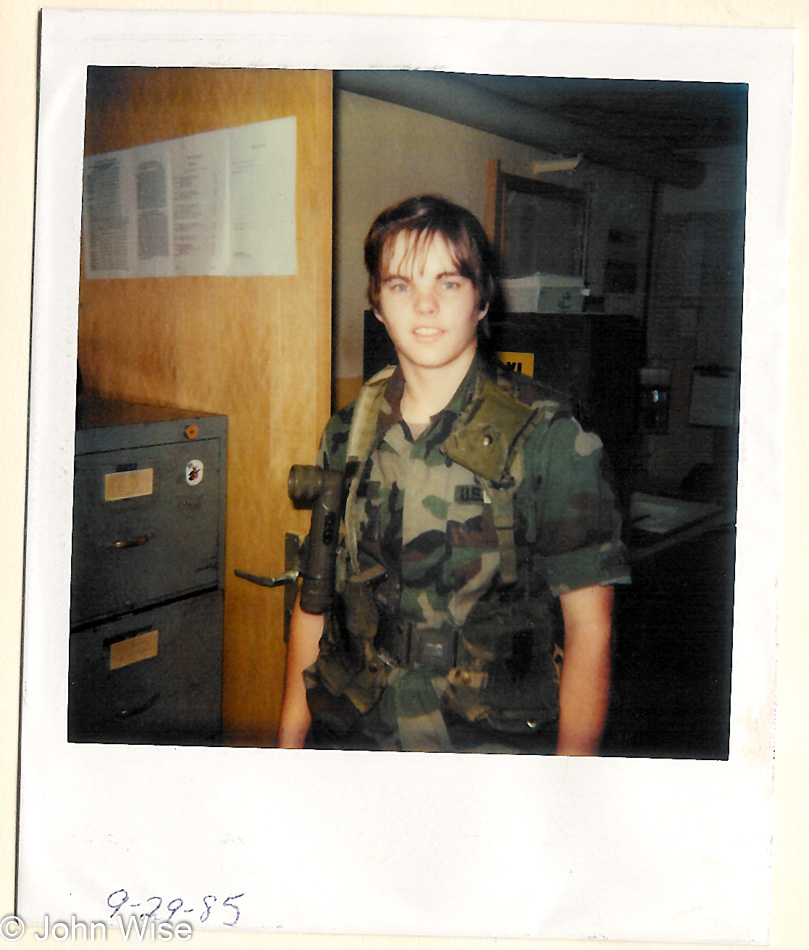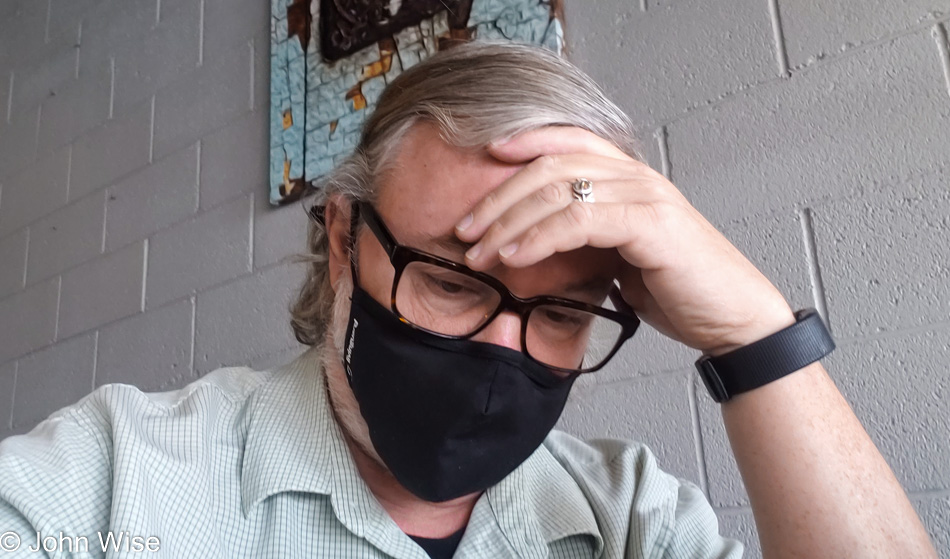
One year ago today, Caroline and I started our own quarantine while America was just getting ready to ridicule San Francisco, California, for locking down its 7 million inhabitants a few days later. While we were quietly prepping two months earlier, I was still hoping that I was being hysterical in a Y2K kind of way, and so I wasn’t sharing my actions in order to minimize the public humiliation for giving in to paranoia. With an abundant supply of toilet paper, hand sanitizer, a hoard of dried goods, and a freezer stuffed with meat, we were ready for the apocalypse. Well, except for the guns, we were not armed and ready for shootouts as the masses went rampaging, looking for morsels of food after the shit hit the fan.
Now, a year later, we still haven’t exhausted the 50 or so rolls of TP we hamstered away. I’m not sure what to make of that, meaning, do we not use enough toilet paper, or did we simply buy too much? Our pantry inventory continues to decline, but we certainly have much more to rid ourselves of before we see the last products that were purchased in the first two months of 2020. Strangely enough, we’ve grown accustomed to only eating at home, and while there are times I wish I didn’t have to do the dishes, I’m mostly resigned to that new routine.
Not counting the sharing of my book, Stay In The Magic – A Voyage Into The Beauty Of The Grand Canyon, I’ve posted about 165 blog entries in the past year, a record compared to the previous years. Playing with my synthesizer has sadly languished for months now, and while I look forward to finding it again, I can’t say I regret having fallen off that boat as I’ve been busy with other things.
Concerts, museums, travel, and restaurants were the casualties of this pandemic, and if restaurants remain in that camp, it won’t really bother us, but live music, art, and travel can’t return quickly enough.
Some things have been normalized, such as shopping. Initially, I would only go to the store right when they opened or near the time they were closing. For a minute, Google would show me a near-real-time display of how busy places like Costco were and so I’d find myself over there between 1:30 and 3:00, which was often a lot slower than when they opened. Now I shop whenever I need something. For the majority of the pandemic, I would dip into my favorite coffee shop for a few minutes to pick up coffee beans, but in a second, I was gone and sanitizing my nostrils. Over the past week, I’ve been in that shop every day for a few hours each time to get in some writing, such as this post.
There is some travel coming up quickly as in the first weekend of April, which also happens to be my birthday weekend. We’d go sooner, but Caroline is involved with an online weaving workshop that started yesterday and ends the last weekend of March. As for where we’ll go? I’m leaning toward somewhere between Greer, Arizona, and east to Magdalena, New Mexico, but haven’t decided if we’ll aim for 2 or 3 days out in the middle of nowhere.
I’d like to share that I’ve been witness to dramatic societal changes that the pandemic was key to bringing on, but in some ways, nothing changed even though, in reality, everything changed. So what is it John, everything changed or nothing changed? Many people work from home; most children attend school online; air travel has tanked; telemedicine has advanced; digital currency conversations are moving forward, universal basic income discussions are moving mainstream, and humanity moved at lightning speed in the development of multiple vaccines to fight COVID-19, the move to electric vehicles is being catapulted by most every manufacturer announcing their plans to compete with Tesla. Those are some of the changes.
Education, racism, environmental concerns, gun violence, war, greed, and health care are all areas of our culture that are floundering the same as they were before the pandemic. Maybe those things that have changed will be catalysts that act as the propellents that will move these nearly intractable issues but only time will tell. Meanwhile, I’ll just assume that the lethargy that allows us to eke out tiny amounts of nearly invisible incremental advances will continue on their glacial march forward, but I’m not gonna hold my breath for the striking changes I’d like to witness. I’d venture to guess that something truly catastrophic must happen to humanity, something that is thousands of times worse than a pandemic and would hammer at the global economy for us to reevaluate our relationship with our planet and one another. COVID-19 was not that event.
But COVID is not done playing its hand. Sadly, today, I was reading about cases on the rise again in Germany, Italy, France, and Brazil, which, in my mind, portends our own return to increasing cases here in the epicenter of death. Ironically, I’m finishing this in a coffee shop at the counter with my mask on as I wonder if I’ll once again have to abandon this little slice of what had previously been known as normal.
